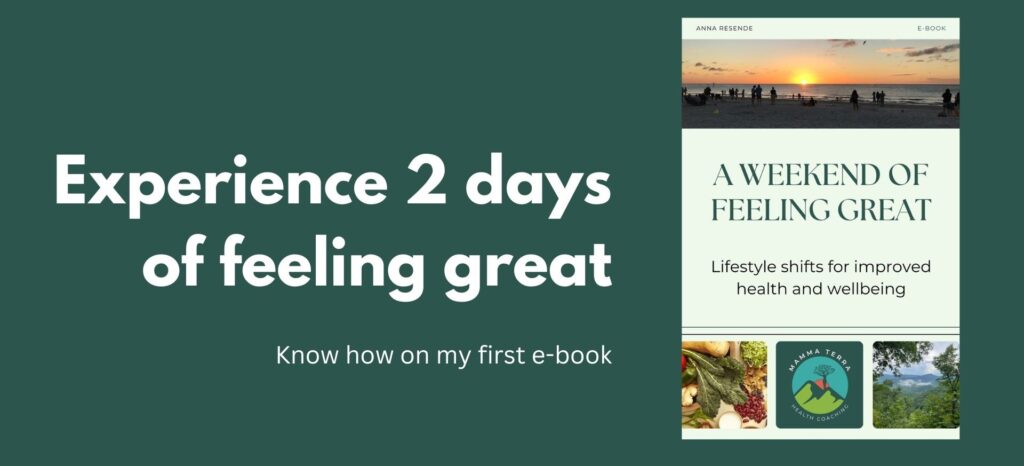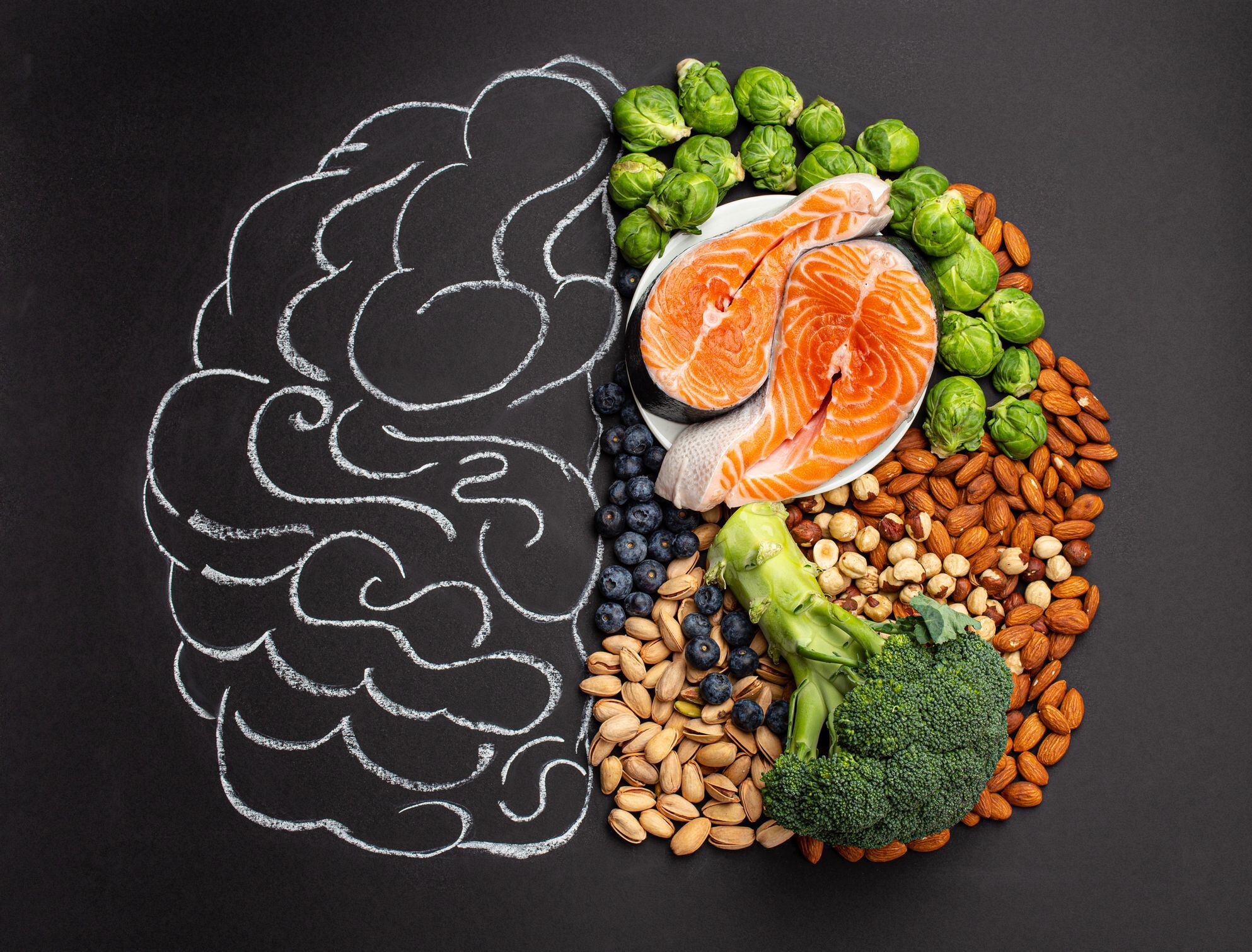Following Requests
My son pointed out some subjects that may interest young adults like him, that he would like me to write about. Honoring his request, I’m going to share some protein shakes myths & truths in this article. Popular since the mid-20th century, their widespread popularity really took off with the 1980s’ fitness boom and the rise of health clubs and gyms. Their popularity continues to grow to the day, fueled by increased awareness of fitness and nutrition.
Protein Shakes
I know how popular protein shakes are but, to be honest, they never caught my attention. While I’ve never had one, for bodybuilders and gym members, protein shakes’ convenience and perceived benefits make them an attractive option post-workout. Almost every gym displays them somewhere. Some even have cafes where people prepare and serve them for you. Beyond convenience, I think it’s important to consider whether these supplements are truly necessary.
The Protein Myth
One of the main reasons people turn to protein shakes is the belief that they need significantly more protein than they can get from their regular diet. This myth is fueled by marketing strategies that suggest the average person requires an extraordinary amount of protein to build muscle, lose weight, or maintain overall health. In reality, most people can easily meet their protein needs through a balanced diet. More often people consume way over the recommended daily intake.
How Much Is Enough
There is another myth regarding the amount of protein we need to eat daily. We don’t need much. Human breast milk, which is essential for the growth and development of all muscles and bones of a child after birth, contains only 1% (8-10 g/L) of protein. Yes, breast milk, the most perfect food for a baby, which makes them double their weight in just 3 months, has around 1% protein! Babies need 10g per day of protein while an average adult weighing 150 pounds needs 50g per day.
Being Exact
To be more exact, the daily intake recommendation is 0.75g of protein per kilogram of weight. For an athlete, it goes up to 1.0g per kg. So, simple math here, a 180-pound (or 82 kg) active young man needs a maximum of 82g of protein per day. A balanced way to consume that would be around 27g of protein per meal. As one egg contains 12.5 g of protein and a 6oz top-round steak 50g, eating 2 eggs for breakfast and one small steak for dinner gives an athlete almost all the daily recommended protein intake, counting nothing else.
It’s Easy
You will realize that by eating a balanced whole-food diet it’s easy to ensure the recommended protein intake. By whole-food diet I mean, a diet containing a variety of fruits, vegetables, legumes, nuts, seeds, whole grains, and even some meat. Real, good-quality food! I don’t know about you but, I’ve never heard of anyone who was protein deficient besides starving children in midland Africa. However, Americans are often found to be deficient in iron, manganese, magnesium, potassium, and various vitamins.
Everything Has Protein
The one thing people don’t usually realize is that everything contains protein. This macronutrient is the foundational building block of all living things, not only animals. Nuts and seeds are packed with protein! 100 grams of almonds, for example, contains 21g of protein. Similarly, 100g of pumpkin seeds contain 18.5g of protein. You can easily snack on 100g (3.5 oz) of almonds. In one cup of black beans, there is 14.5g of protein, in a cup of brown rice, 5g, and in a cup of peas, 7.5g. Even kale and spinach have protein!
Pointless
What’s the point of protein shakes then? Convenience. I agree it’s super easy to throw a few tablespoons of protein powder in a bottle, fill it with water, and shake. However, you’ll never truly know the source of protein you’re getting. Remember, every living organism is rich in protein so you might get protein from insects, shrimp shells, and other weird sources. I like to know what I’m eating so, it bothers me to consume a powder made of God-knows-what while I can get my protein from real food.
Balanced Nutrition
Whole foods offer a comprehensive range of nutrients that protein shakes simply cannot match. When you eat lean meats, fish, eggs, dairy, legumes, nuts, and seeds, you’re not just getting protein. You’re also consuming vitamins, minerals, fiber, and healthy fats that are essential for overall health. These nutrients work synergistically to support bodily functions, something that isolated protein powder cannot replicate. It’s always best to achieve optimal nutrition through wholesome foods.
Quality Over Quantity
It’s not just about how much protein you consume, but the quality of that protein. Whole foods are rich in high-quality proteins that your body can use more efficiently. Plant-based proteins, when eaten in variety, offer complete protein sources, like the combination of rice and beans. A diverse intake ensures that you are nourishing your body properly. Animal-based proteins such as chicken, beef, and fish are also good options if you’re not willing to eat a variety of wholesome plant-based foods.
Satiety and Satisfaction
One often overlooked aspect of whole foods is the satiety factor. Eating a balanced meal that includes protein, fiber, and healthy fats helps you feel full and satisfied for longer. This can aid in weight management and reduce the likelihood of overeating. In contrast, protein shakes, while convenient, may not provide the same level of satiety, potentially leading to additional snacking and calorie consumption.
Potential Downsides of Protein Shakes
Another potential downside of protein shakes is that many commercial brands contain added sugars, artificial and natural flavors, and other additives that may overload your detox system and eventually make you sick. Like all processed foods, the list of ingredients should be short and clear. If you don’t know or can’t pronounce an ingredient’s name, it’s probably bad for you. Over-reliance on protein shakes can also lead to micronutrient (vitamins and minerals) deficiency.
Embracing Natural Nutrition
Here are some good healthy replacement options for your after-workout shake:
– 6oz Fage Greek yogurt with a handful of almonds: 18.5g of protein
– 2 Scrambled eggs with 3.5 oz of spinach: 27g of protein
– 3.5oz of Hummus with carrot sticks: 10g of protein
– 3.5oz of almonds: 21g of protein
DIY
You can also make your own protein shake at home and take it to the gym. I have a couple of good recipes on my website that are not only protein-rich but also packed with natural omega-3 fatty acids, fiber, essential vitamins, and minerals. And yet delicious! By embracing natural sources of protein, you not only meet your nutritional needs but also enjoy a more varied and flavorful diet. For whatever recipe of shake you have, adding one tablespoon of chia and another of flex seeds will make it a good protein shake. Adding some nuts or nut butter will make it even better.
Protein Shakes Myths and Truths
Myth: Protein Shakes Are Essential for Muscle Growth
Truth: While protein is vital for muscle repair and growth, it doesn’t have to come from shakes.
Myth: More Protein Equals More Muscle
Truth: Consuming excessive protein doesn’t automatically lead to more muscle. Your body can only utilize a certain amount of protein for muscle synthesis; the rest is converted to energy or stored as fat. The key is consuming an adequate amount of protein along with a proper strength training regimen.
Myth: Protein Shakes Are Healthy
Truth: Not all protein shakes are created equal. Many commercial protein powders contain added sugars, artificial flavors, and other unhealthy additives. It’s important to read labels carefully and choose products with minimal and natural ingredients. Better yet, make yours at home!
Myth: Protein Shakes Help You Lose Weight
Truth: Protein can aid in weight loss by increasing satiety and preserving muscle mass during calorie restriction. However, relying solely on protein shakes for weight loss is not sustainable or nutritionally balanced. Successful weight loss involves a comprehensive approach that includes a balanced diet, regular exercise, and healthy lifestyle habits.
Conclusion
While protein shakes can be convenient, they are unnecessary. Understanding the myths and truths about protein shakes can help you make informed decisions about your protein intake. Prioritizing whole food sources of protein is an overall healthier approach to meet your body’s needs. By focusing on quality nutrition from natural sources, you can achieve your health and fitness goals without relying on supplements.
So next time you reach for that protein shake, consider opting for a wholesome, protein-rich meal or DIY shake instead. Your body—and your taste buds—will thank you. And most likely your wallet too!
Remember, Good is what makes you feel well!
Anna.

Anna Resende
Integrative Nutrition Health Coach
Certified by IIN - Institute for Integrative Nutrition
Every week I send out my newsletter called Mamma’s Tips where I share health and wellness topics, good books, recipes, and more.
Click below to subscribe!
I’m excited to share that I just published my first e-book
A Weekend of Feeling Great!

In this book, you’ll find all the steps you can take to feel great. Besides all the foundational principles of multidimensional health, it has a sample of a productive daily routine that everyone can use and a two-day menu with 10 delicious plant-based recipes for you to try.




